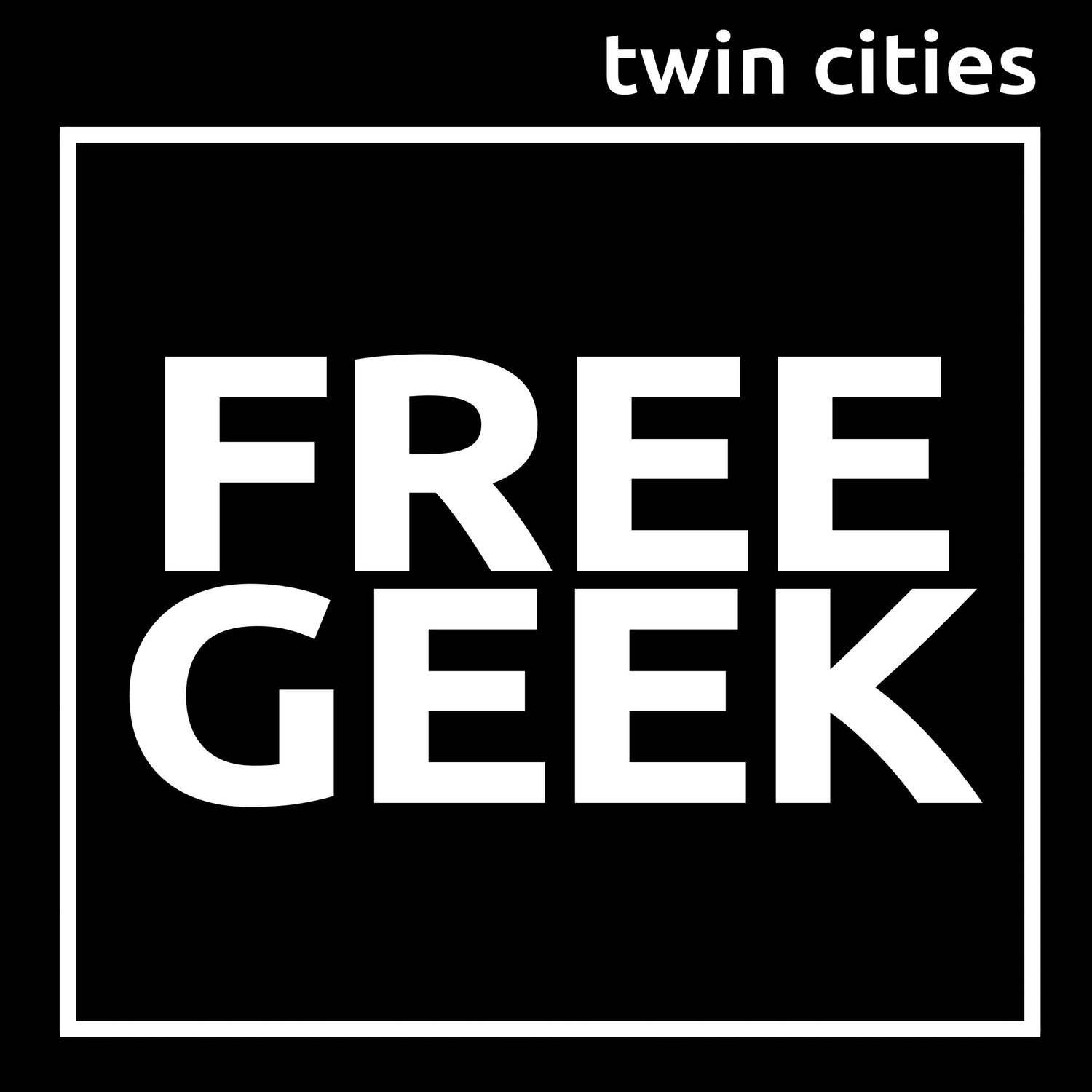Final Results
Free Geek Pricing
Advisor: Eric Alexander
Background
Technology has the potential for enormous positive impact, but is also at the heart of a variety of environmental and societal inequities. Discarded electronics account for more than 70% of the world's toxic waste, with hazardous materials from many of the world's richest countries ending up in overflowing landfills in less affluent ones. At the same time, adequate access to technology represents a severe barrier to social mobility: over a quarter of Americans don't own a computer, and roughly a tenth of American families don't have access to the internet at home despite it being effectively a modern-day necessity.
These problems (often referred to as “eWaste” and “the digital divide”) are two of the most pressing issues facing the world of technology today. Free Geek Twin Cities is a non-profit organization based in Minneapolis dedicated to combating them by pointing them at each other. Free Geek accepts donations of old electronics that would likely otherwise be bound for the landfill and refurbishes them to be sold cheaply, increasing access to technology in the local community. They are able to breathe new life into many machines that would otherwise have been left for dead, and what they can't salvage they are able to recycle responsibly.

The process by which this hardware is revitalized is fascinating in and of itself--we had a comps group study it in depth this past year! However, once a device has been deemed ready to go out the door, Free Geek is faced with a difficult question: what should it cost? Pricing used hardware is an incredibly thorny challenge. The hardware parts vary dramatically in quality, and Moore's Law gives us some sense of the depreciation of older processors. However, a revolution in web applications has made many low-end computers useful again (so long as they can run a web browser), and it's hard to know when something might shift from being “old” and outdated to “retro” and valuable. There is an added wrinkle in the fact that Free Geek is not trying maximize profit, per se, but rather stay in business so as to be able to continue making an impact.
Free Geek's current solution to the pricing problem is to combine a mix of detailed-but-informal institutional knowledge, internal historical sales data, searches on websites like eBay and Amazon for similar devices, and raw intuition. This process ends up being a huge bottleneck in getting things out the door. We hope to be able to help make this task easier.
The project
In this project, you will design and build a tool to help Free Geek staff and volunteers collect the information needed to price a refurbished device before it goes onto the thrift store floor. This may end up taking the form of a dashboard web application that combines relevant internal and external data, presented in such a way as to streamline the decision making process. In doing so, you will be required to:
- Research and retrieve relevant data sources.
- Work with Free Geek to understand the current process and articulate requirements for any tool that might improve upon it.
- Design and implement a succession of prototypes of varying fidelities, performing consistent usability testing and iterative development.
- Present the final prototype and documentation to Free Geek.
Deliverables
Your primary deliverable will be the application itself, to be put into use at the completion of the project. Additionally, it will be crucial to the sustainability of the project to develop thorough documentation and a plan for how the tool can be maintained on Free Geek's server(s).
Recommended experience
Experience in building tools that meet the needs of real people (e.g., CS 257, CS 344) will be valuable, as might be experience in machine learning or price theory. However, none of these are required, and the ideal group will be one that mixes a variety of backgrounds and skills.